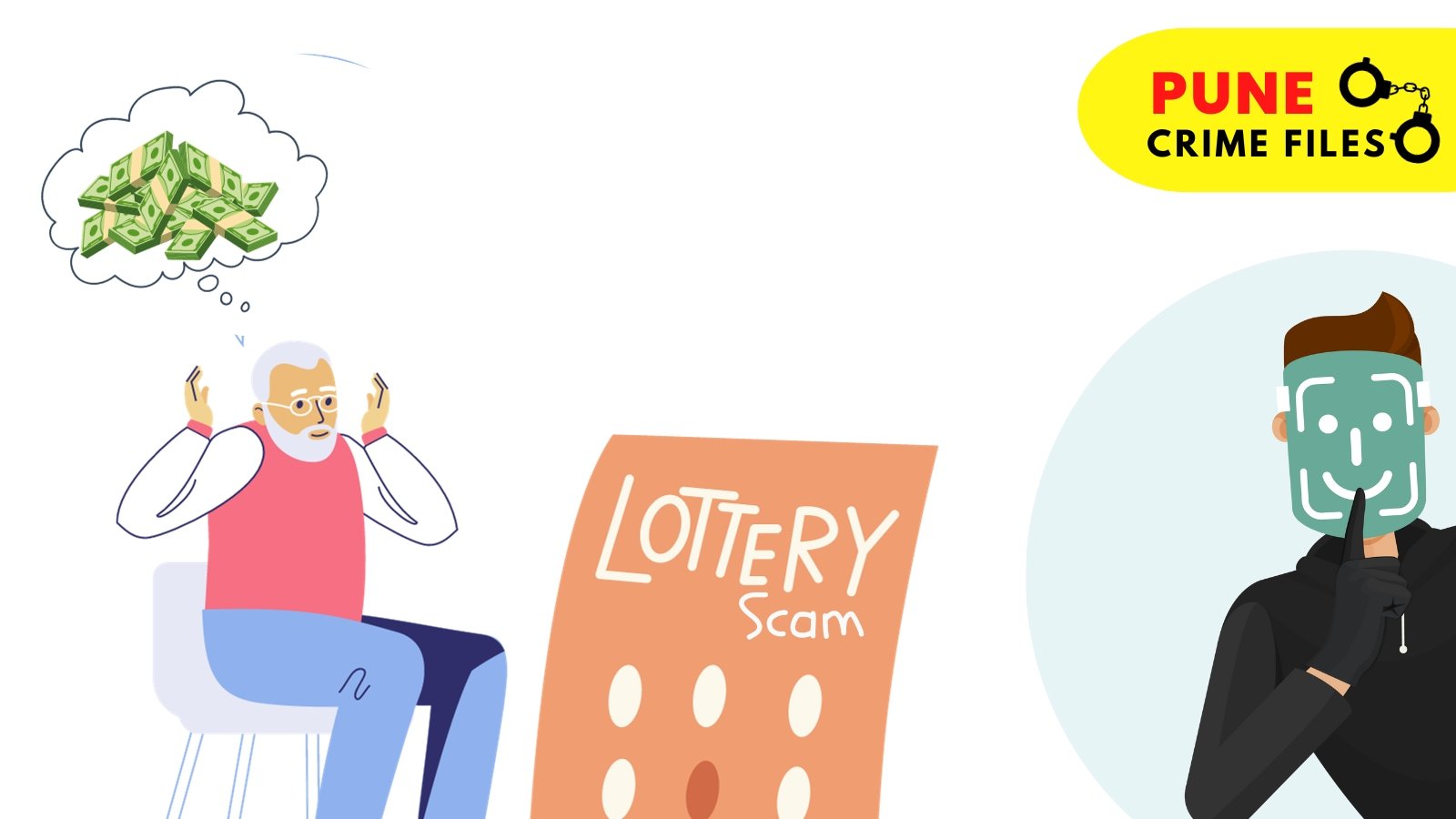[ad_1]
Back in 2009, Pune city police arrested a Nigerian along with his Indian aide from Mumbai after they scammed a retired Indian Army personnel in an online lottery fraud.
Both were convicted by the Khadki court in Pune in 2011. As per the investigation officer and the public prosecutor, this was arguably the first cyber crime case in Pune, in which the accused in an online lottery scam were convicted by the court.
As per the police records, R S Mourya, an ex-Army personnel living in Pune’s Khadki area, received an email in the early months of 2009, saying he had won a lottery of $8.5 lakh. As Mourya replied to this email, the person shared details of a bank account with him.
The person asked Mourya to deposit Rs 40,000 as courier charges into this bank account to get his lottery amount. Mourya then received another email asking him to deposit Rs 2.87 lakh as British Inland Revenue and Rs 1.4 lakh as Customs duty to get the lottery money.
After Mourya transferred the money, the person told him his lottery amount had been deposited in the Reserve Bank of India (RBI). Mourya was once again asked to pay Rs 3.57 lakh “to clear the lottery money from the RBI”.
However, Mourya cross-checked with the RBI only to find he had been cheated and that the emails he received regarding the lottery were a fraud. He lodged a complaint with the cyber cell of Pune police in May 2009. The case was later transferred to the Khadki police station in August 2009.
A First Information Report (FIR) was lodged under various sections of the Indian Penal Code (IPC) and Information Technology Act and Jitendra Koli, who was then a police sub-inspector at the Khadki police station, initiated the investigation into this case.
The probe revealed that the bank account in which the complainant’s money was transferred was an ICICI Bank account operated by a Mumbai resident identified as D A Jhaveri. The police then arrested Jhaveri, the alleged “money mule” in this case.
“Jhaveri was nabbed after an extensive search operation. His interrogation led us to the Nigerian national Emanuel Isuka, who was then lodged at a jail in Thane for another cheating case. Isuka had come to India on an education visa, but later he got into cyber fraud. We found his involvement in sending the lottery emails to the complainant, a retired Army personnel in Khadki,” said Koli, now a senior police inspector at Akkalkot police station in Solapur.
Koli said they took Isuka, who was then less than 40 years of age, in custody for investigation.
“A probe revealed that money received from the victims of an online lottery scam run by the Nigerian national was collected in Jhaveri’s bank. The Nigerian accused had offered Jhaveri 2 percent of the amount fraudulently deposited in his bank account. We found several suspicious financial transactions in this bank account during the investigation. The accused and complainant never had a face-to-face interaction. The scam took place online through cell phones,” said Koli.
Most Read
Advocate M A Jamadar, who was the public prosecutor in this case, examined seven witnesses during the trial.
When contacted, Jamadar, now retired, said details of the money transferred by the complainant into the accused’s bank account were investigated. “We examined the bank officials before the court to prove the offence,” said Jamadar.
On October 27, 2011, Renuka Satav, the then Judicial Magistrate (First Class) at the Khadki Cantonment Court sentenced Isuka and Jhaveri to three years of rigorous imprisonment.
[ad_2]







